7 Reasons Why Might Not Need That Expensive New Camera
Photography is an exciting hobby/profession for many different reasons. One of them is there’s always some new and impressive camera being released or rumored. It’s a competitive industry, so the companies that make cameras are continually trying to improve and out-do each other, and they’re very good at marketing their latest cameras.
That type of development and progress is a good thing, and it’s exciting for photographers. But it doesn’t mean that your existing camera is all of a sudden obsolete or insufficient because it doesn’t match up to the specs of the latest models.
Just about every photographer can probably relate to gear envy or gear acquisition syndrome. It’s hard not to get excited or a little bit envious when you read about a new camera that is jumping out ahead of the pack.
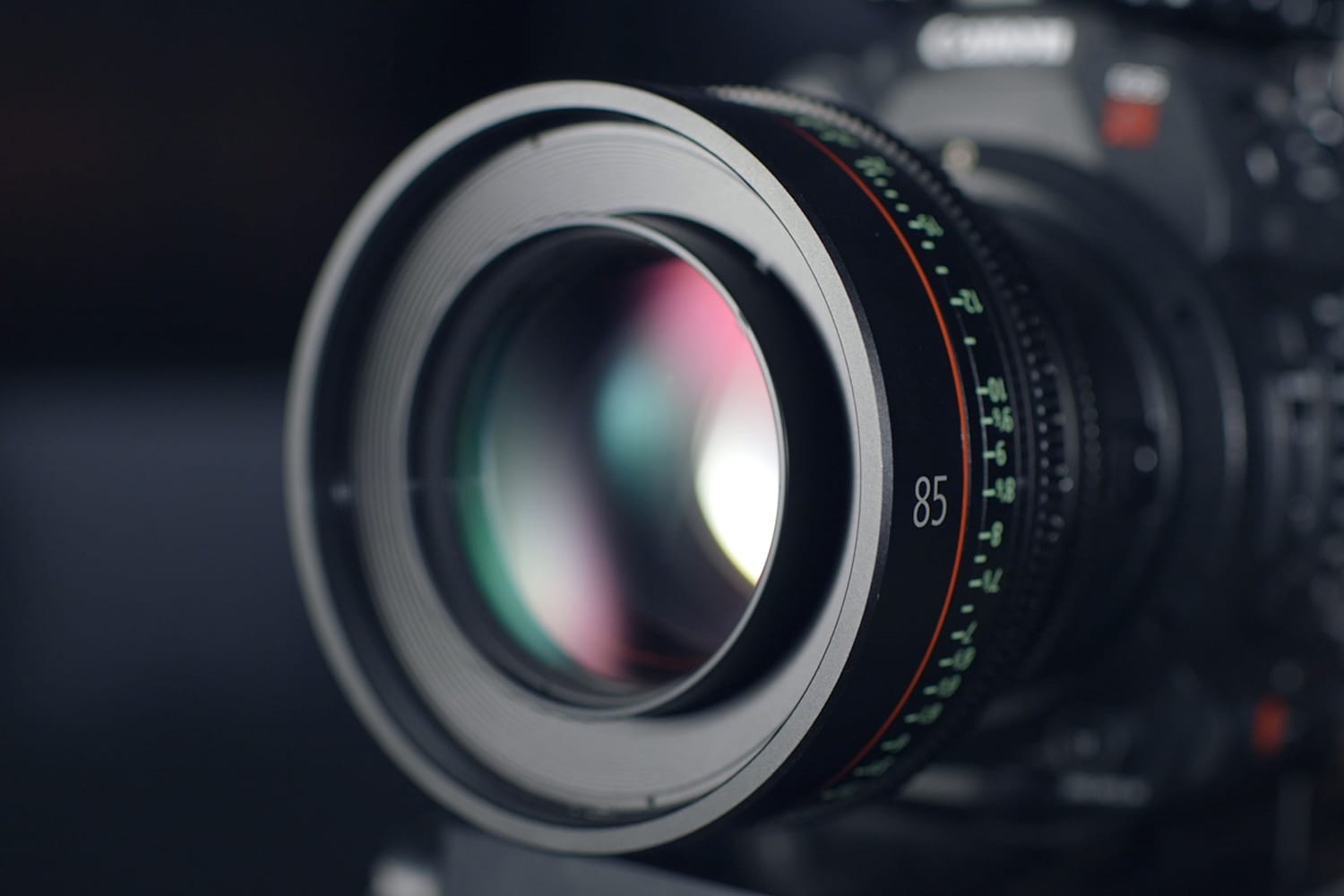
The purpose of this article is not to suggest that you should never upgrade your gear, but rather to point out that buying a new camera isn’t usually as big of a deal as we make it out to be.
Related reading: Need vs. Want – A Photography Guide
1. Entry-Level Cameras Are Better Than Ever
Modern entry-level DSLRs and mirrorless cameras are, for the most part, exceptionally good. The may not have the same specs or all of the bells and whistles that you can get with a high-end camera, but they are more than capable of getting the job done.
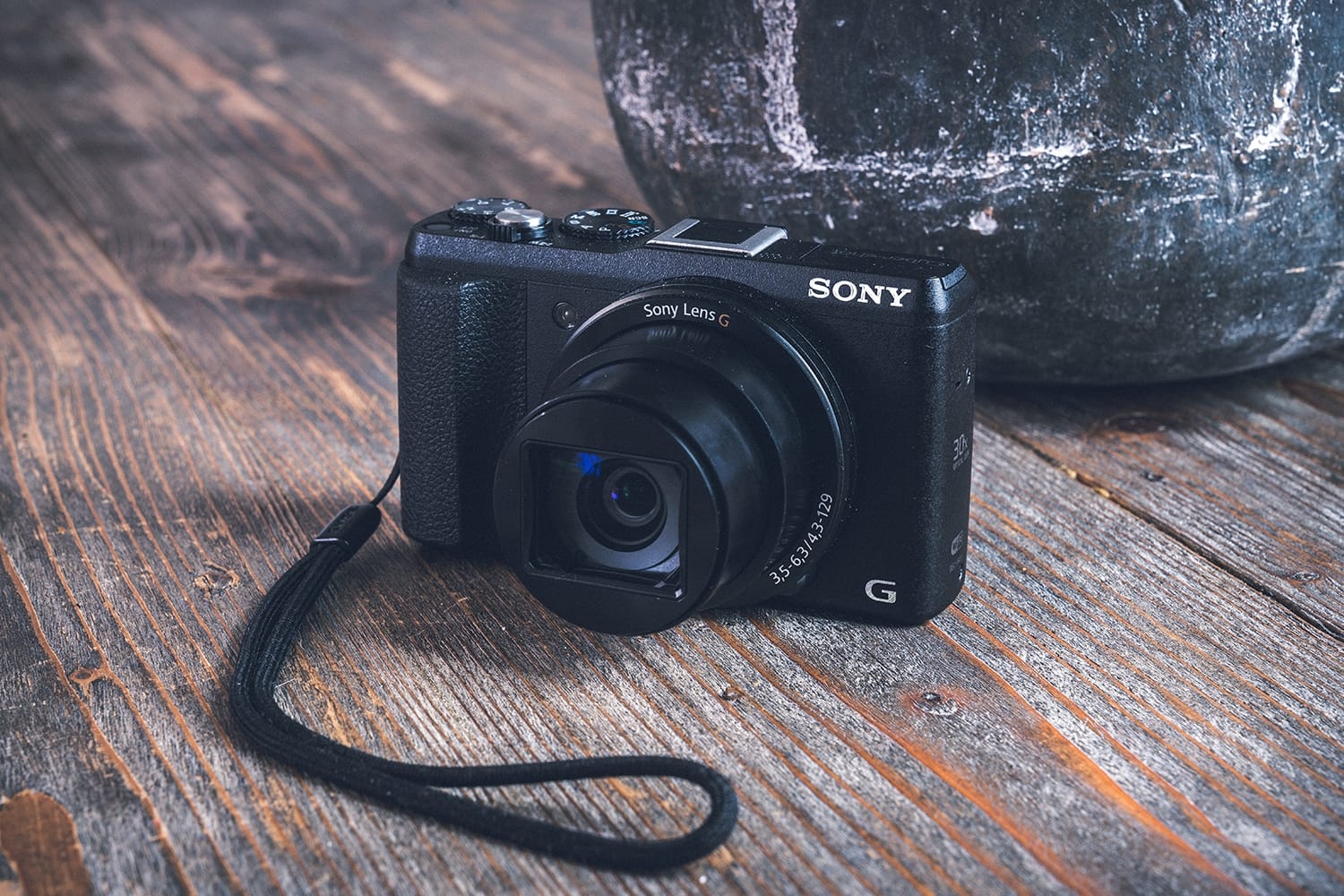
You don’t need the latest, greatest camera to be able to take quality photos. People viewing your photos are not likely to know the difference between a photo that was taken on an entry-level camera and a high-end, new model.
Related reading: The Top 5 Pocket Cameras That Produce Quality Results
2. You Don’t Need All Those Megapixels
Since digital cameras first came onto the scene, the number of megapixels offered by new cameras has steadily increased. Many people associate more megapixels with a better camera and better pictures, but 99% of the time you don’t really need all of those megapixels.
Lots of megapixels can come in handy when you need to create very large prints, but that is probably very rare for most people. The camera that you have now probably offers plenty of megapixels for your work.
More megapixels can actually present some challenges as well. The file sizes of those photos are enormous, so you’ll fill up memory cards and drives faster, leading to more money spent on storage. Extremely large file sizes can also slow down your post-processing in Lightroom Classic or other programs.
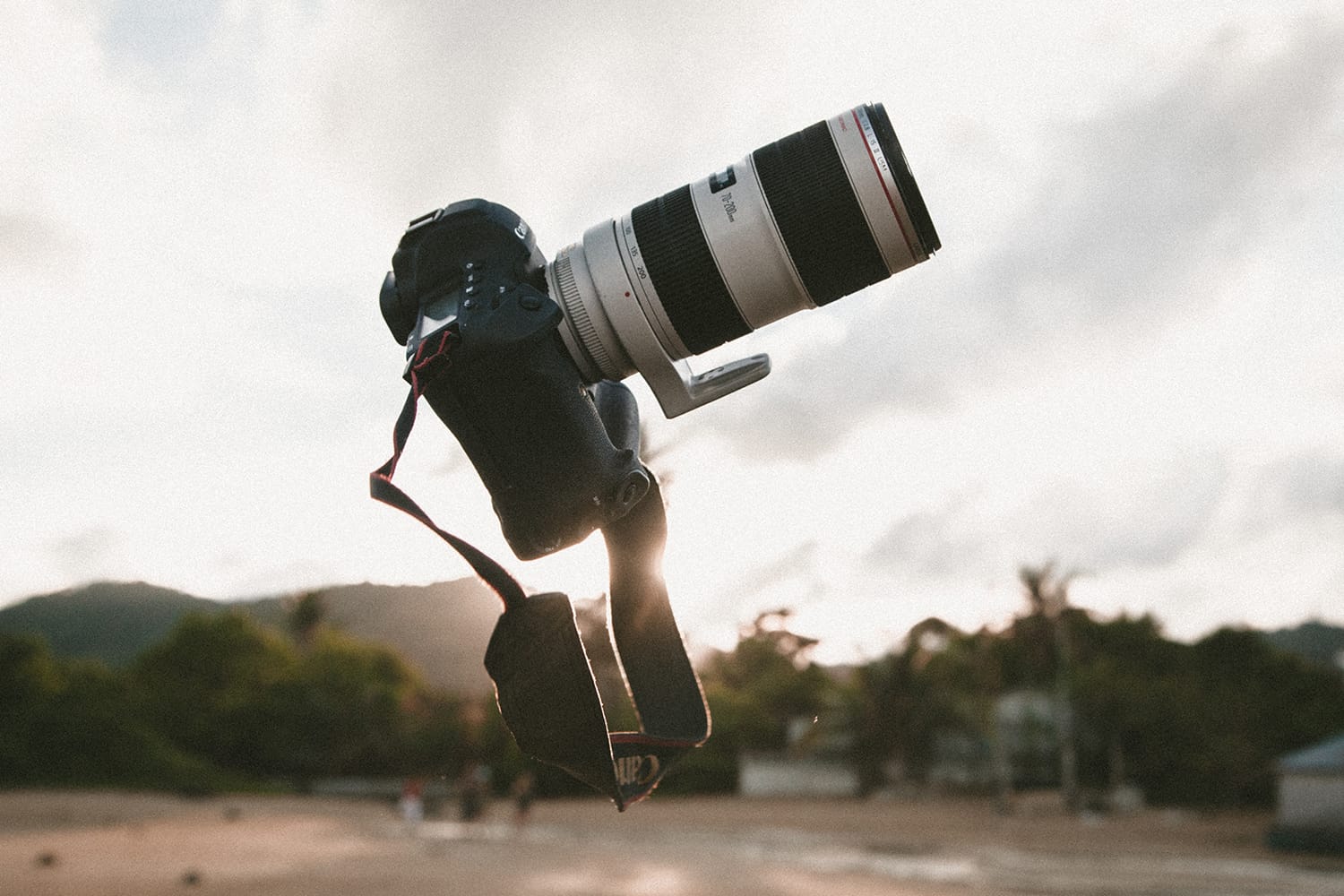
3. Your Camera is Most Likely Not Holding You Back
A common thought is, “If I got that new camera, my photos would be better.” While a new camera may help you to improve your photography somewhat, in most cases, your existing camera is not what is holding you back.
When I read the reviews of new cameras, a lot of times, I start to feel like I need to upgrade. But ultimately I come back to the decision that my current camera is more than capable, and my own development as a photographer is what I need, not a new camera.
Of course, this partly depends on the camera that you’re using. At some point, an upgrade is justified and will be a good thing. My point is, frequent upgrades are probably not necessary.
4. A Lot of Those Specs and Features Really Aren’t Important
Most online reviews or website listings include plenty of details and measurables related to what the camera offers. That’s understandable, and those are things you’ll want to keep in mind when it does come time to upgrade, but in reality, the specs don’t matter as much as we tend to think.
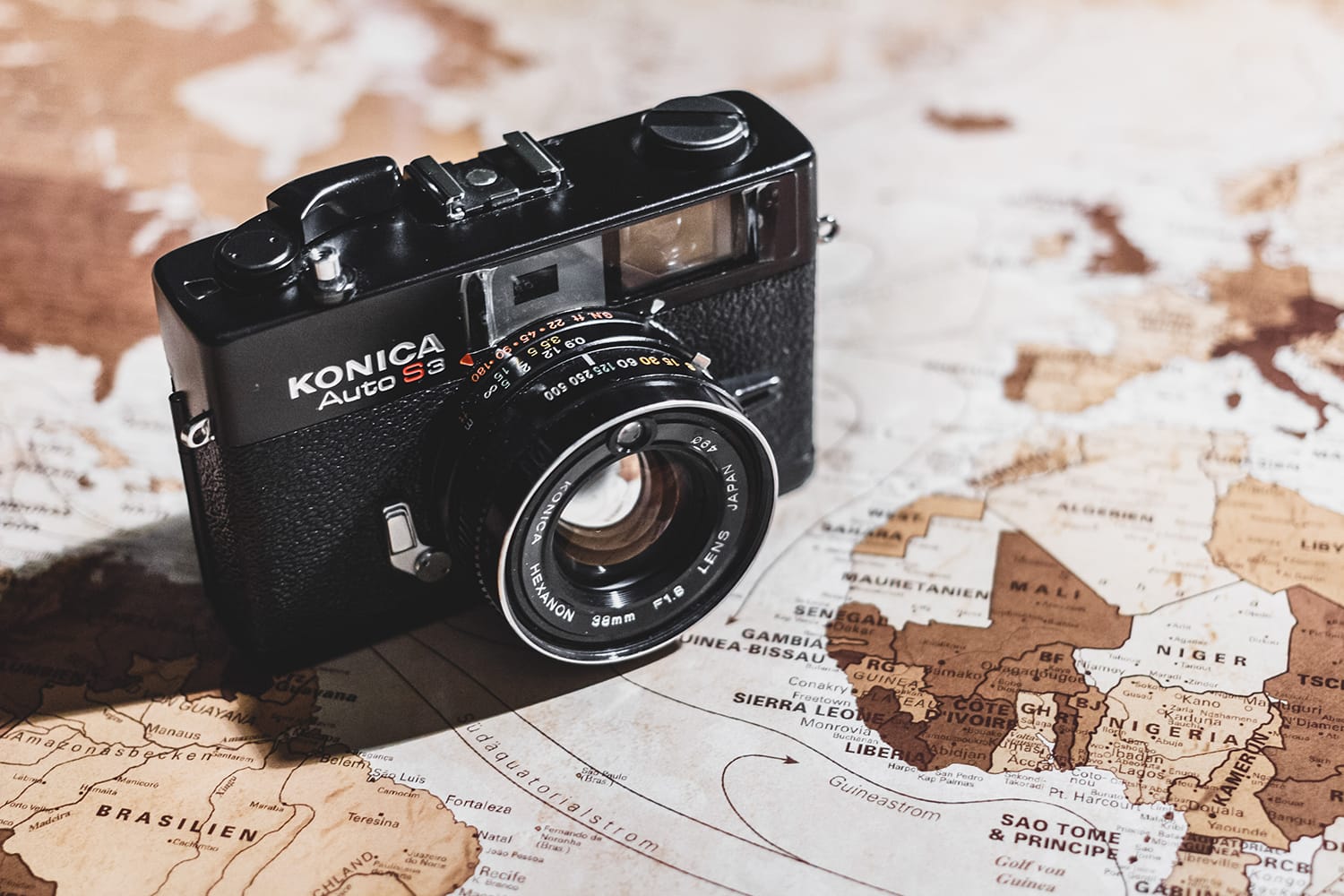
Most new cameras also have a lot of interesting and enticing features. Some of these features can be really useful depending on the type of photography you do or your own workflow. I love the GPS feature on my camera when I’m photographing a large national park or someplace where I’ve never been. It makes it really easy to go back later and find exactly where a photo was taken. But most likely, only a small percentage of the features or specs will really wind up having a significant impact on your work.
The key is to know which ones are important to you when you are shopping for a camera. Don’t get enticed by a long list of features that you’re unlikely to use. Focus on the few things that really will have an impact for you, and don’t worry about the rest.
5. The Pursuit of Gear Can Lead You to Rely on That Gear
Improvements in technology are great, but as a photographer, you cannot rely on gear to make you a better photographer. If you’re focused more on getting the latest gear than you are about improving your skills, you probably won’t progress as fast as you could if you weren’t so concerned with the gear.
6. Cameras Are Expensive
This is kind of obvious, but cameras cost a lot of money. If you’re a professional and you can justify the cost of a new camera, that’s fine. But most photographers (especially hobbyists) aren’t going to see significant benefits from frequently upgrading a camera, so the cost isn’t necessary.
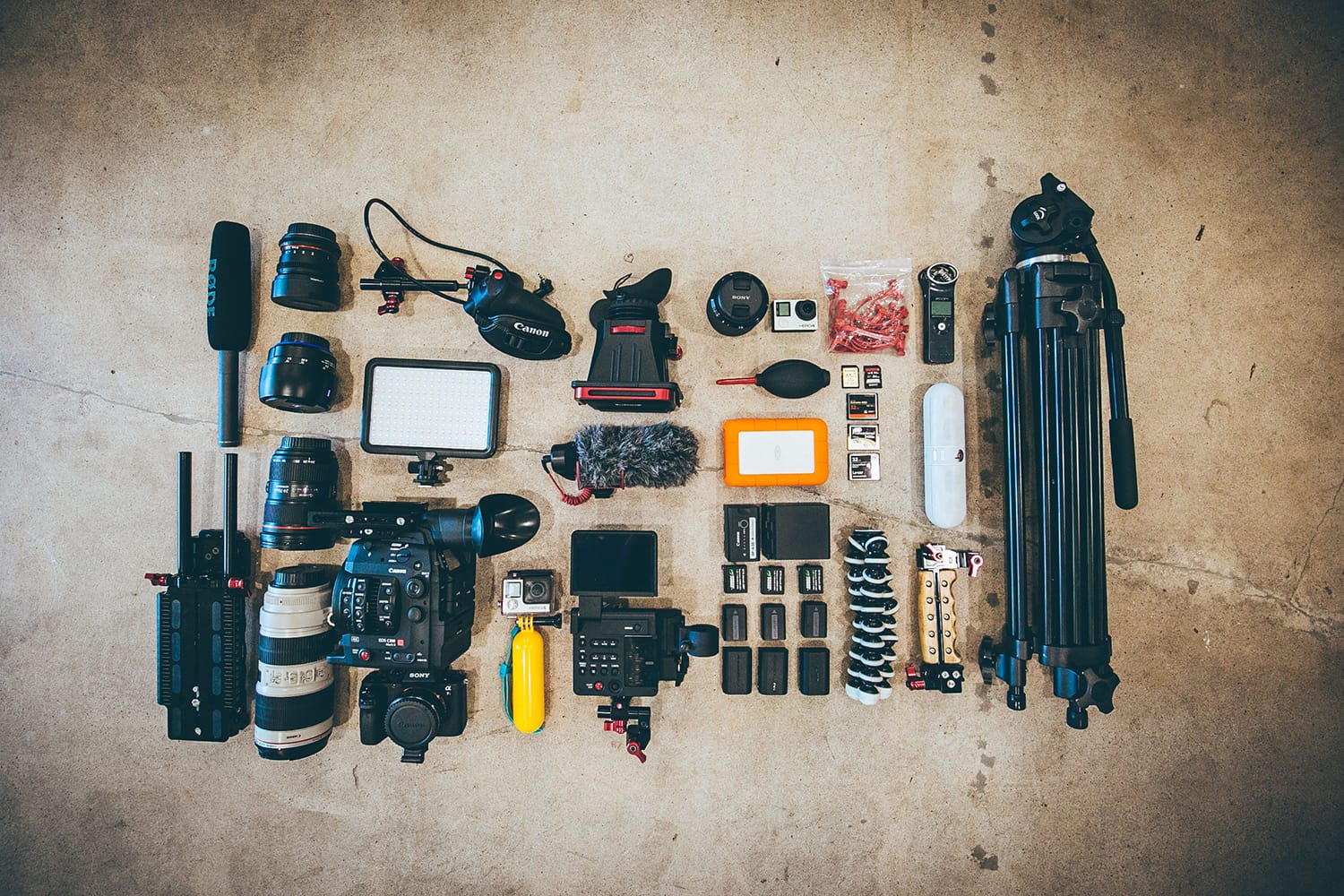
7. Investing in Other Gear Can Make a Difference
Instead of spending that money on a new camera, perhaps you could use the money for other gear that will have a bigger impact on your work. A sturdy, lightweight tripod can be an excellent investment and can be far less costly than a new camera. You could also invest in some quality filters or lighting. And, let’s not forget, a camera body will last you a few years, but good, quality lenses will last you a lifetime!
There is no shortage of ways to spend your money on photography, and in many cases, spending on a new camera will not give you the best bang for your buck.
Aside from gear, you could also spend your money on education or training. Attending a workshop and getting trained by a professional may do far more for your quality of work than a new camera.
When you’re looking at new camera gear, don’t forget that buying used is an option as well. Buying used gear can save you a lot of money, and several reputable websites sell used gear like B&H, Adorama, MPB, Keh, and even eBay.
